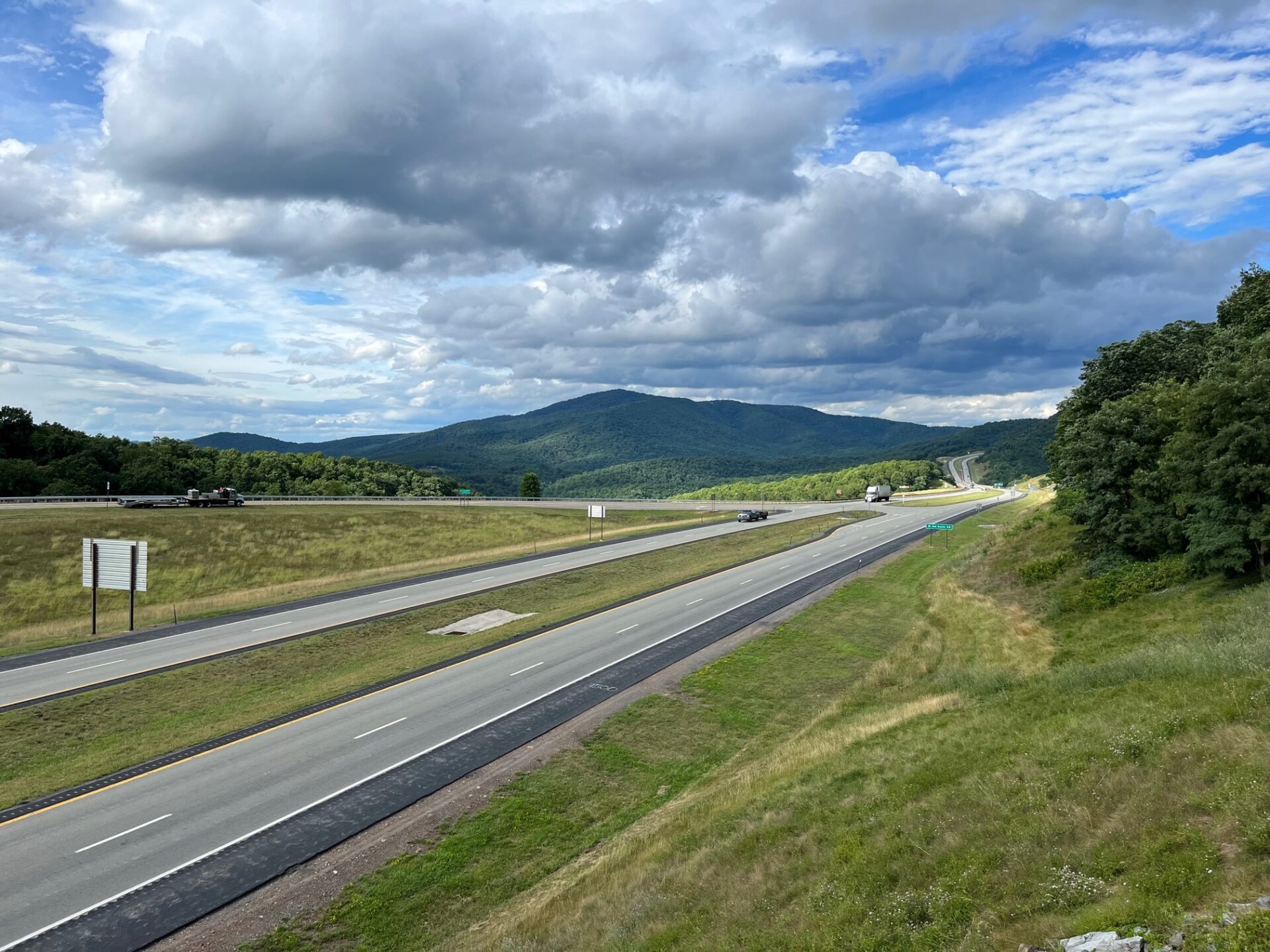In February 1968, US Senator Robert Kennedy visited eastern Kentucky to investigate the successes and the failures of the “War on Poverty.” In the new book “All This Marvelous Potential: Robert Kennedy’s 1968 Tour of Appalachia” author Matthew Algeo examined the trip and digs into what Kennedy saw, what has changed since then and what remains the same.
Algeo said he used small stories to try to tell bigger stories in American history. He focused on Kennedy’s tour to highlight bigger issues he discovered in his research.
“I found out some incredible things were happening in Appalachia; protests against strip mining, protests against the school systems and education there, even protests against the Vietnam War,” he said.
Algeo added he was surprised about the war protests specifically because the region supported the war by a large margin.
“But they saw their own sons on the front lines of this war and so that led them to question it,” he said.
One of Algeo’s most interesting discoveries in his research was a recording of Kennedy speaking to students and faculty at Alice Lloyd College during his tour. During an interview with Reverend Lawrence Baldridge, the minister at a Baptist Church in Pippa Passes, KY, Algeo asked about a recording. Baldrige said, “Oh, yeah, Benny Lee Moore. He’s got a copy of it.”
Moore discovered a copy of the recording a few months after the speech and kept it. He later digitized it and gave the school a copy as well.
Algeo said he sees how the country could be different if Kennedy had not died later that year.
“On the one hand, he did have a reputation for being kind of a tough SOB and for fighting crime. But at the same time, he clearly had this innate compassion for the dispossessed and for the poor. And I think in American politics he had the ability to combine those two qualities into real political realities that he could have gotten things done,” Algeo said.
The title of the book, “All This Marvelous Potential” comes from a line in Kennedy’s speech at Alice Lloyd College.
“It really just stuck out to me as his view of the situation in Eastern Kentucky,” Algeo said, “at that time and you know, I think a lot of people would say you could say that the same thing even today.”
It is hard not to apply the line to Kennedy himself, though, thinking about what could have been.
Matthew Algeo’s “All This Marvelous Potential: Robert Kennedy’s 1968 Tour of Appalachia” is available for purchase now.
This interview is part of an occasional series with authors from Appalachia or writing about the region.
